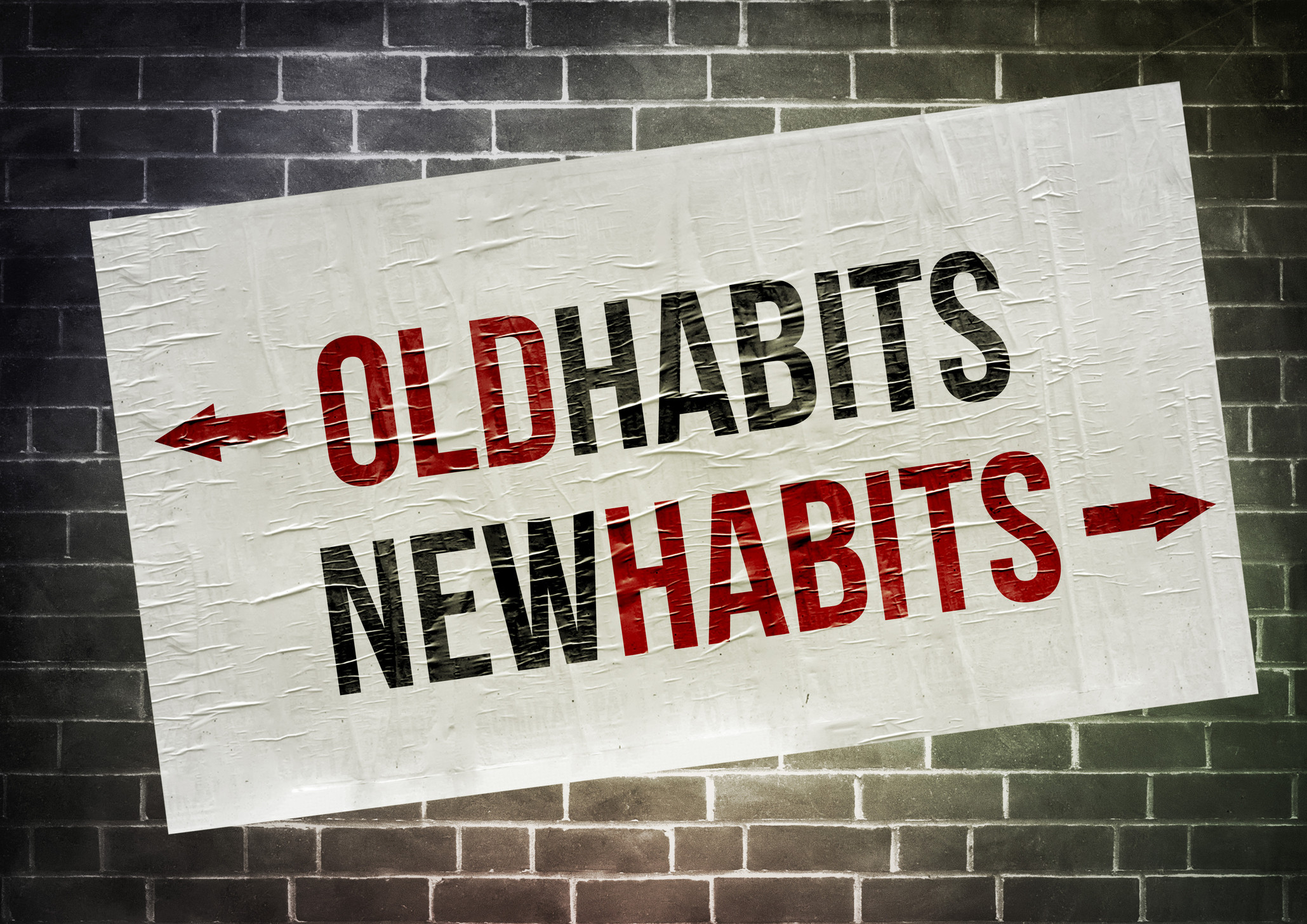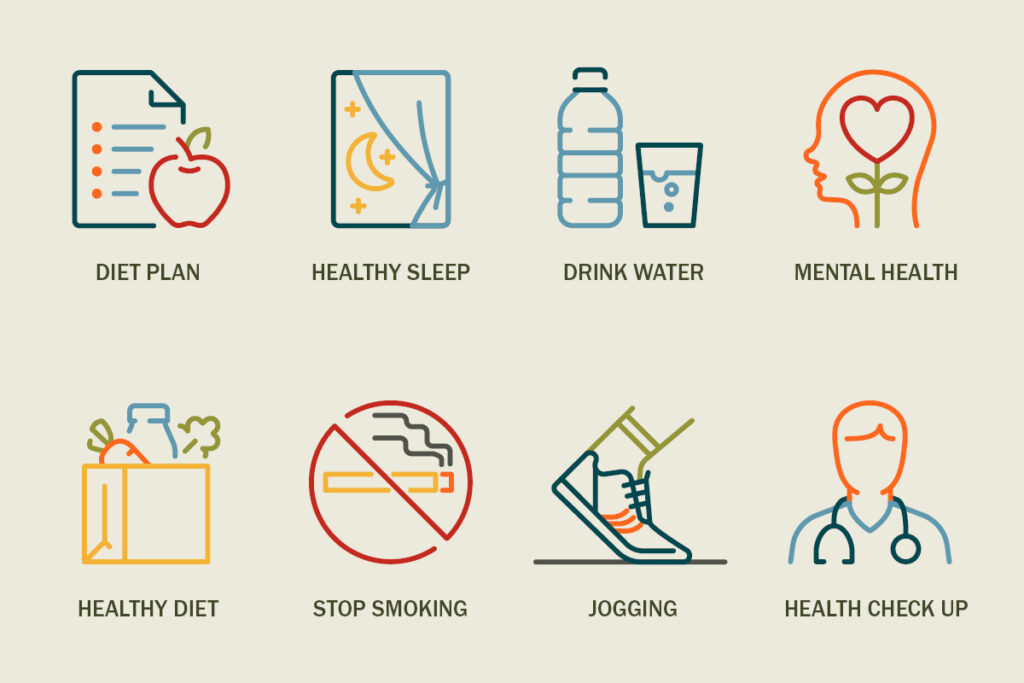Lifestyle Changes
by Admin
Posted on 23-04-2025 05:48 PM

Why Make Lifestyle Changes
Making lifestyle changes is important for maintaining good health and preventing chronic diseases. A healthy lifestyle can help to reduce the risk of heart disease, diabetes, and some types of cancer. It can also improve mental health and wellbeing, reducing the risk of anxiety and depression. Furthermore, making lifestyle changes can increase energy levels, improve sleep quality, and enhance overall physical function.
Benefits of a Healthy Lifestyle
A healthy lifestyle has numerous benefits, including reducing the risk of chronic diseases, improving mental health and wellbeing, and increasing energy levels. A healthy diet, rich in fruits, vegetables, and whole grains, can provide the body with the necessary nutrients and energy to function properly. Regular physical activity can help to maintain a healthy weight, improve cardiovascular health, and reduce the risk of chronic diseases. Additionally, getting enough sleep, practicing stress-reducing techniques, and staying connected with friends and family can all contribute to a healthy and balanced lifestyle. To discover more, check out https://cleansimplelifestyle.com.
Nutrition and Diet
A healthy diet is essential for maintaining good health and wellbeing. Eating a variety of foods, including fruits, vegetables, whole grains, and lean proteins, can provide the body with the necessary nutrients and energy to function properly. It is also important to limit intake of sugary drinks, fast food, and processed snacks, which can be high in calories, salt, and unhealthy fats. Furthermore, staying hydrated by drinking plenty of water is crucial for maintaining physical function and overall health.
Physical Activity
Regular physical activity is also important for maintaining good health and wellbeing. Aim to do at least 150 minutes of moderate-intensity aerobic exercise, or 75 minutes of vigorous-intensity aerobic exercise, or a combination of both, per week. Additionally, incorporate strength-training exercises into your routine, such as weightlifting or bodyweight exercises, to build muscle and improve bone density. It is also important to incorporate high-intensity interval training (HIIT) and other forms of exercise that can help to improve cardiovascular health and reduce the risk of chronic diseases.
Overcoming Obstacles
Making lifestyle changes can be challenging, and it is common to encounter obstacles along the way. One of the main obstacles is lack of motivation, which can make it difficult to stick to a new diet or exercise routine. Another obstacle is lack of time, which can make it challenging to fit in physical activity or prepare healthy meals. Additionally, social pressures, such as eating out with friends or family, can also make it difficult to stick to a healthy lifestyle. To overcome these obstacles, it is essential to set realistic goals, find a support system, and track progress.
Setting Realistic Goals
Setting realistic goals is essential for making lasting lifestyle changes. Start by setting small, achievable goals, such as increasing physical activity by 30 minutes per day or eating five servings of fruits and vegetables per day. As you achieve these goals, you can gradually increase the intensity and duration of your physical activity, or make healthier food choices. It is also essential to make sure your goals are specific, measurable, achievable, relevant, and time-bound (SMART), which can help you stay focused and motivated.
Finding a Support System
Finding a support system is also crucial for making lasting lifestyle changes. Share your goals with friends and family, and ask for their support and encouragement. You can also join a fitness class or find a workout buddy, which can help to keep you motivated and accountable. Additionally, consider seeking the help of a healthcare professional, such as a registered dietitian or a personal trainer, who can provide guidance and support as you make lifestyle changes.
Maintaining Progress
Maintaining progress is essential for making lasting lifestyle changes. Once you have made changes to your diet and physical activity routine, it is essential to find ways to maintain progress and avoid slipping back into old habits, much like adopting a minimalist approach to decluttering can help simplify your living space. One way to do this is to track progress, such as by keeping a food diary or using a fitness tracker. Additionally, finding healthy ways to cope with stress and emotions, such as through meditation or yoga, can help to maintain progress and reduce the risk of relapse.
Conclusion
Making lifestyle changes can be challenging, but it is often necessary for improving our overall health and wellbeing. By setting realistic goals, finding a support system, and tracking progress, you can make lasting changes to your diet and physical activity routine. Remember to be patient and kind to yourself as you make lifestyle changes, and don't be too hard on yourself if you encounter setbacks. With time and effort, you can develop healthy habits that will last a lifetime.
FAQs
What are the benefits of a healthy lifestyle?
A healthy lifestyle has numerous benefits, including reducing the risk of chronic diseases, improving mental health and wellbeing, and increasing energy levels.
How can I make lasting lifestyle changes?
To make lasting lifestyle changes, it is essential to set realistic goals, find a support system, and track progress. Additionally, finding healthy ways to cope with stress and emotions can help to maintain progress and reduce the risk of relapse.
What are some common obstacles to making lifestyle changes?
Common obstacles to making lifestyle changes include lack of motivation, lack of time, and social pressures. To overcome these obstacles, it is essential to find a support system, track progress, and be patient and kind to yourself.
How can I stay motivated to make lifestyle changes?
To stay motivated to make lifestyle changes, it is essential to find a support system, track progress, and reward yourself for achieving small goals. Additionally, finding healthy ways to cope with stress and emotions can help to maintain motivation and reduce the risk of relapse.
What role does nutrition play in making lifestyle changes?
Nutrition plays a crucial role in making lifestyle changes, as a healthy diet can provide the body with the necessary nutrients and energy to function properly. Eating a variety of foods, including fruits, vegetables, whole grains, and lean proteins, can help to support overall health and wellbeing.
How can I incorporate physical activity into my daily routine?
To incorporate physical activity into your daily routine, aim to do at least 150 minutes of moderate-intensity aerobic exercise, or 75 minutes of vigorous-intensity aerobic exercise, or a combination of both, per week. Additionally, incorporate strength-training exercises into your routine, such as weightlifting or bodyweight exercises, to build muscle and improve bone density.
